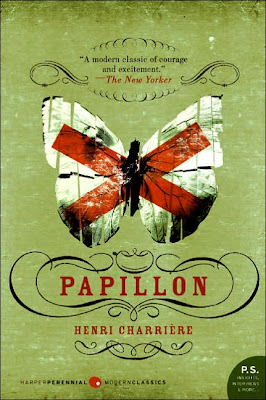Let the Great World Spin: A Novel
Colum McCann
It's August of 1974, a summer "hot and serious and full of death and betrayal," and Watergate and the Vietnam War make the world feel precarious. A stunned hush pauses the cacophonous universe of New York City as a man on a cable walks (repeatedly) between World Trade Center towers. This extraordinary, real-life feat by French funambulist Philippe Petit becomes the touchstone for stories that briefly submerge you in ten varied and intense lives--a street priest, heroin-addicted hookers, mothers mourning sons lost in war, young artists, a Park Avenue judge. All their lives are ordinary and unforgettable, overlapping at the edges, occasionally converging. And when they coalesce in the final pages, the moment hums with such grace that its memory might tighten your throat weeks later. You might find yourself paused, considering the universe of lives one city contains in any slice of time, each of us a singular world, sometimes passing close enough to touch or collide, to birth a new generation or kill it, sending out ripples, leaving residue, an imprint, marking each other, our city, the very air--compassionately or callously, unable to see all the damage we do or heal. And most of us stumbling, just trying not to trip, or step in something awful.
But then someone does something extraordinary, like dancing on a cable strung 110 stories in the air, or imagining a magnificent novel that lifts us up for a sky-scraping, dizzy glimpse of something greater: the sordid grandeur of this whirling world, "bigger than its buildings, bigger than its inhabitants."




